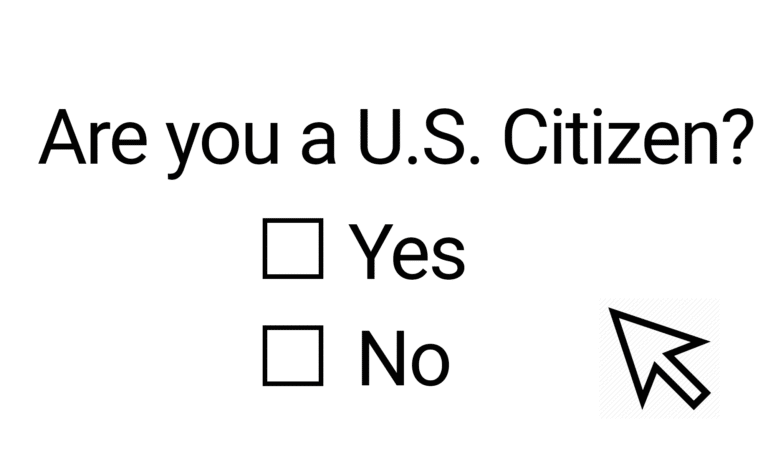One of the cruelest things an abuser can do isn’t hit you — it’s make you feel like you have nowhere else to go. Isolation doesn’t always start with force. Sometimes it starts with guilt, jealousy, or fake concern.
Over time, they chip away at your support system until you’re alone — emotionally, socially, even financially. You stop reaching out. You stop trusting people. You convince yourself they’re all you’ve got.
This post breaks down how isolation works, how it’s used to control male victims, and what you can do to break the silence.

What Isolation Abuse Looks Like
🔹 Cutting Off Friends and Family
“Why do you need them? I’m here for you.”
“Your friends don’t understand you like I do.”
“They just don’t want to see us happy.”
They don’t have to ban your relationships. They just poison them — until you let go.
🔹 Making You the “Problem” in Social Settings
You’re told you’re awkward, embarrassing, or too much trouble at gatherings. You start believing you don’t belong — and stop going.
“Why do you always ruin things when we’re out?”
“You’re so anti-social. It’s exhausting.”
Eventually, you stop trying.
🔹 Controlling Your Time and Schedule
They guilt you out of seeing others or constantly “need you” when you try to make plans.
“You’re really leaving me here alone?”
“What if something happens and you’re not here?”
Now your time is no longer yours.
🔹 Digital Isolation
They demand access to your phone, check your messages, or monitor your online life.
“Who’s that?”
“Let me see your phone.”
“If you didn’t do anything wrong, why hide it?”
What they call “trust” is really surveillance.
🔹 Turning People Against You
They lie to others to damage your reputation so you won’t be believed or welcomed.
“He’s unstable.”
“He always twists the truth.”
“He’s not who you think he is.”
The goal is to leave you emotionally stranded.
Why Isolation Works So Well on Men
- You were raised to “handle it yourself”
- You were taught that needing help is weakness
- You already feel shame about being abused
- You think no one would believe you
So when you do get cut off, you don’t always fight it — you internalize it. And that’s exactly what they want.
Signs You’ve Been Isolated by an Abuser
- You no longer talk to old friends or family
- You make excuses to avoid people, even if you want to see them
- You feel guilty or anxious when spending time away from them
- You don’t know who you’d call in an emergency
- You feel like “starting over” would be impossible
What to Do if You Recognize This Pattern
🔸 Reach out anyway
Even if it’s been a while. Even if it’s awkward. Start with one person.
“Hey… I’ve been going through something. I’d really like to reconnect.”
🔸 Start rebuilding quietly
You don’t have to announce your escape. Just start claiming space. Rejoin a group. Email someone. Open the door.
🔸 Use the abuse log
Write down how they isolated you. You’ll start seeing the pattern — and that’s the first step to breaking it. You need to recognize its happening in order for you to stop any doubts about the abuse.
🔸 Don’t let shame seal your silence
You didn’t “let it happen.” You survived it. And now you get to reclaim your connections.
Suggested Posts to Read Next:
- How to Reclaim Your Worth After Feeling Worthless
- How to Process Grief After Abuse
- What Emotional Abuse Looks Like — Even Without a Bruise
- How to Deal with Fear and Anxiety After Abuse
Final Word:
If someone made you believe that no one else cared about you, they lied. The Brotherhood Institute exists to prove them wrong.
You are not alone. You never were.
They just made you feel that way.



